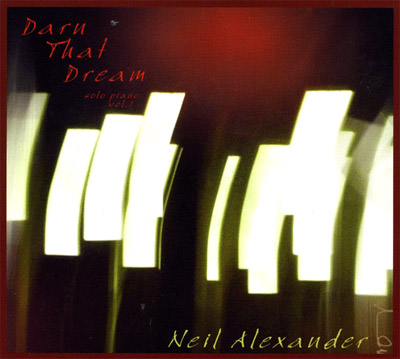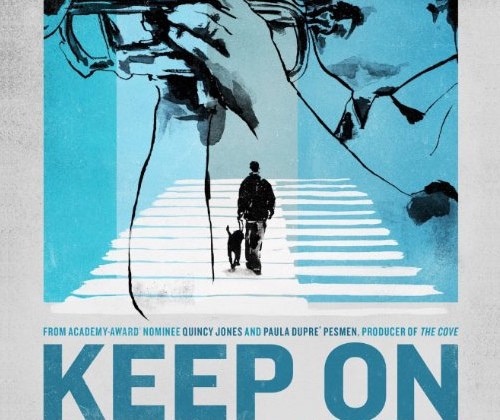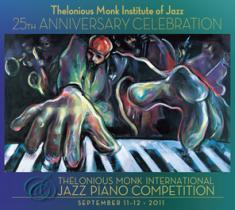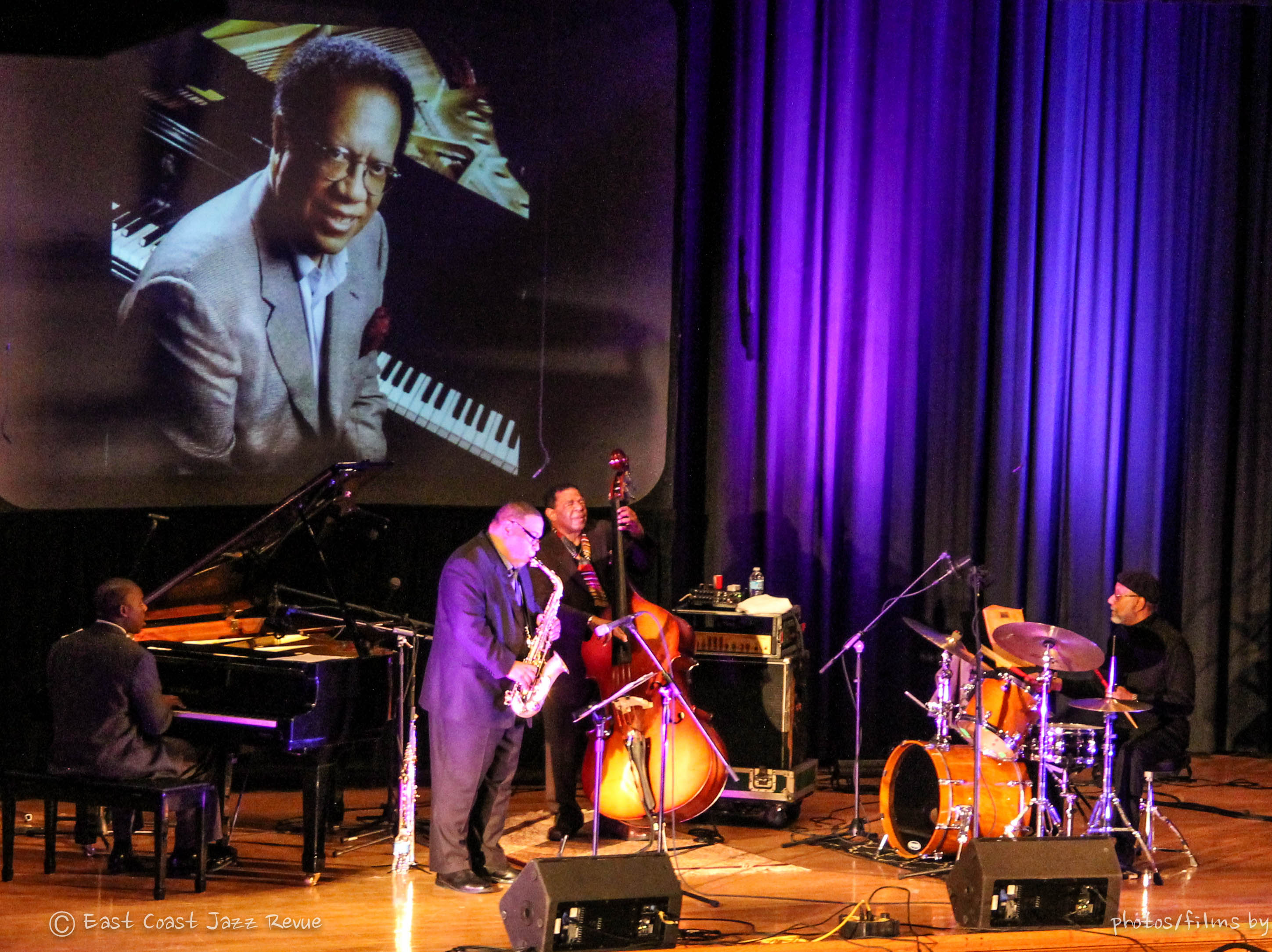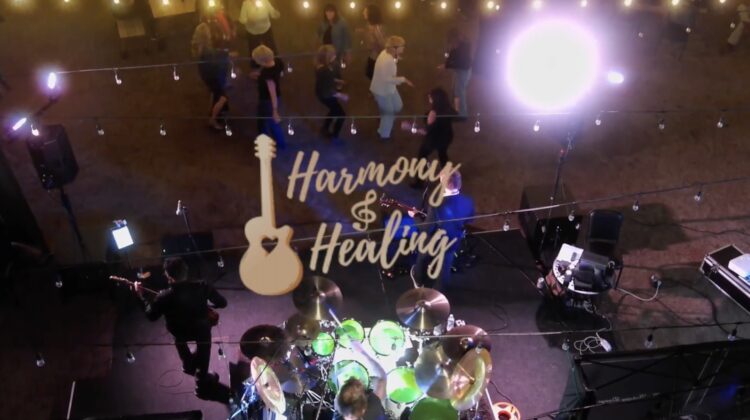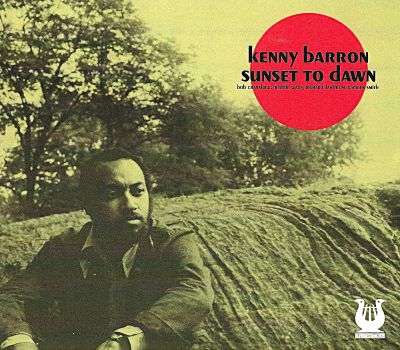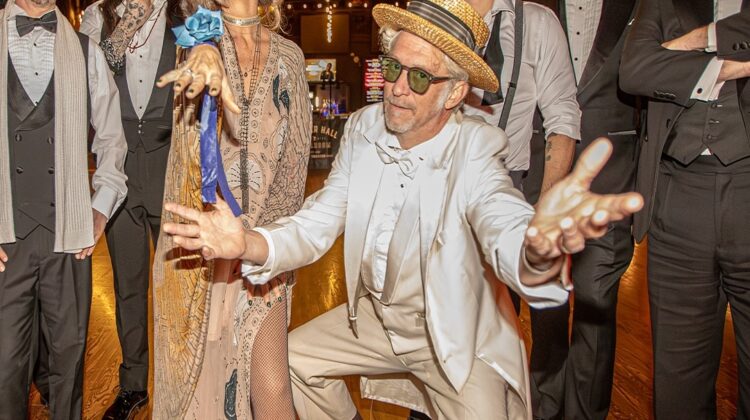“There should be a class simply on application,” Jason Moran emphasizes to his NEC Master Class, explaining that he means a focus on “how to deal with ideas that don’t seem to belong to your discipline.” Moran’s own career as one of the preeminent pianists, composers and bandleaders in jazz might form the core of an Application curriculum. References to visual art have been present from his first CD, all of his recordings and large performance pieces incorporate spoken word elements, and Moran’s recent “All Rise: A Joyful Elegy for Fats Waller” is equal parts musical tribute and dance party.
“I grew up with a lot of sculpture and painting in my house, mostly by artists in my home community of Houston,” Moran notes, “so early on I had a sense that all of the arts should connect with life. When I got older, I just started hanging out with artists in other disciplines, asking everyone questions and observing their processes. Talking to painters about how they listen to music taught me a lot, as did observing how they use texture.” One insight that has continued to inform his music has been the power of combination. “Take photography,” he says by way of comparison. “It was already an art form, but it changed when photographers began to superimpose texts. This is akin to what I’ve decided to do with my music and pre-recorded tape.”
Challenging interdisciplinary projects are a central part of Moran’s future. He is composing his first dramatic soundtrack for the film Selma, director Ava DuVernay’s account of the 1965 Civil Rights movement. Moran is also represented by the Luhring Augustine art gallery, and has begun to conceive an installation for the 2016 Venice Biennale. “I try to make each of my commissions more than music, to add depth,” he notes. “I begin by simply looking at the void. If I have enough interest, and realize that `my peers would never do that,’ I really get inspired.”
At the same time, the 2010 MacArthur Fellowship recipient continues to define new realms for the piano trio with The Bandwagon, where he, bassist Tarus Mateen and drummer Nasheet Waits have found a home since 2000. “I’ve grown up with Tarus and Nasheet,” he notes, “and I’m inspired by the fact that their personalities are so different from mine. Every time we play it’s fresh.”
Moran’s approach to teaching benefits from his own experience as a student, first at Houston’s High School for the Performing and Visual Arts under Bob Morgan and then in lessons with former NEC piano prof Jaki Byard at the Manhattan School of Music. “Bob Morgan was somehow both strict and loose,” Moran recalls. “He knew how to stay on you just enough to get you to where you would open up. When I left for college, I was ready for junior-year work in theory, ear training and improvisation. Then I met Jaki Byard, who said `Let’s deal with the piano.’ Every Monday we’d sit around two pianos and he would lay down the law. Jaki didn’t wag his finger, but he got me to pay attention because he wasn’t going to say it twice.”
These influences are clear in the approach Moran brings to his ensemble classes, his private piano lessons, and such major events as “In My Mind,” the recreation of Thelonious Monk’s legendary 1959 Town Hall concert that The Bandwagon and NEC students performed in Jordan Hall in 2012. “Students have to be pushed,” he acknowledges, “but not to the breaking point. I stress that they can’t be intimidated by history, that our heroes were just ordinary people who made great art. And I draw on the experience I’ve gained from the wide variety of people I’ve been fortunate to work with. The saxophonists in my ensembles are always surprised when I ask them to accompany piano solos; but I’ve worked with Sam Rivers, Charles Lloyd, Wayne Shorter and Lee Konitz, and every one of them comped behind my solos. You can’t argue with history.”
It is not surprising that Moran the teacher, like Moran the artist, is both expansive and focused. “There are two areas of study,” he summarizes. “You must learn the music that has been produced on your instrument, regardless of era or cultural origin. The other part is learning who you are.”

